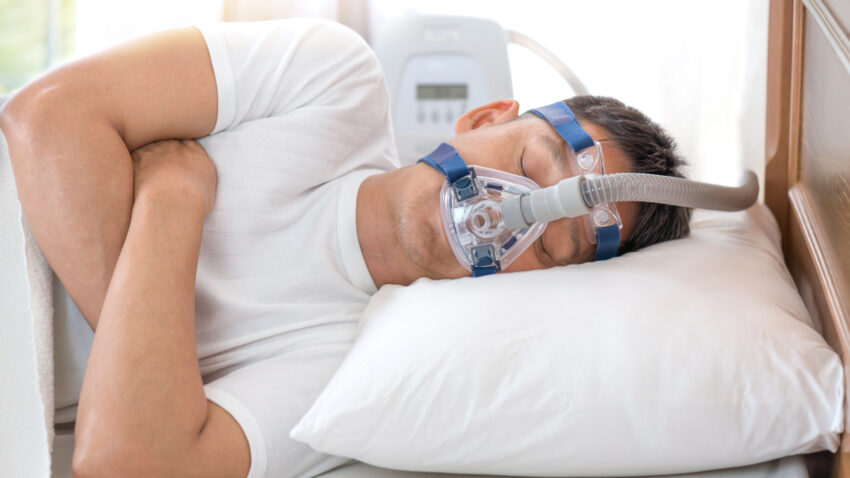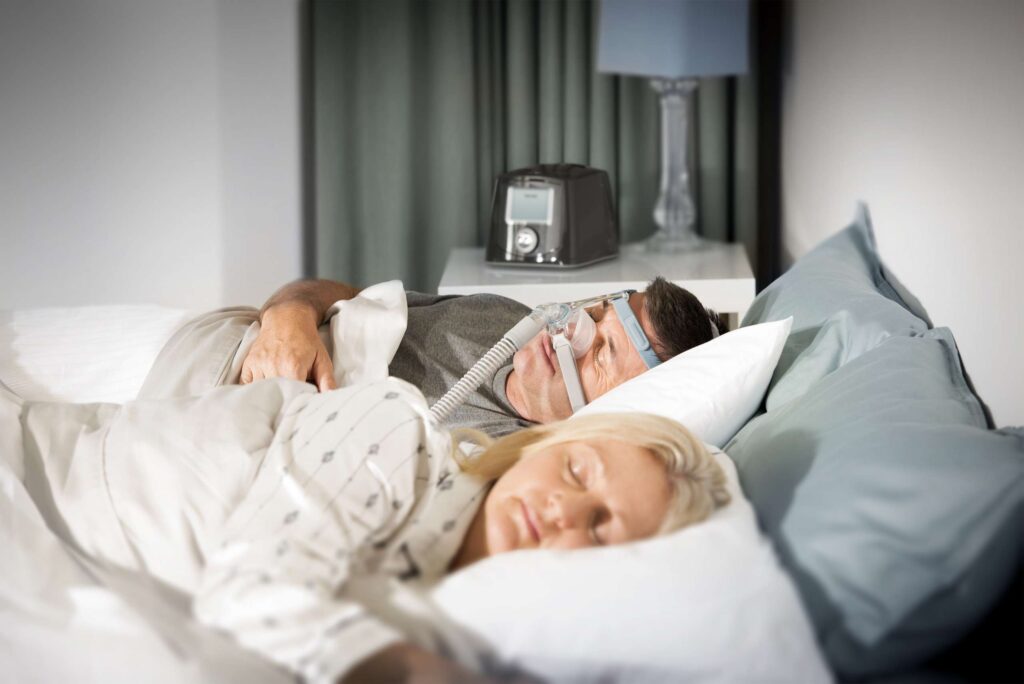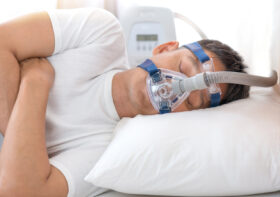Sleep Testing in Brisbane for Better Health

Sleep is an essential component of overall health and well-being. In Brisbane, an increasing number of individuals are recognising the importance of quality sleep and the role it plays in maintaining good health. Sleep testing has emerged as a vital tool for diagnosing sleep disorders, leading to better health outcomes. This article explores the various aspects of sleep testing in Brisbane, its benefits, and how it can contribute to improved health.
Understanding Sleep Disorders
Sleep disorders encompass a range of conditions that disrupt normal sleep patterns. Common disorders include insomnia, sleep apnoea, restless legs syndrome, and narcolepsy. Each of these conditions can significantly affect an individual’s quality of life, leading to fatigue, mood disturbances, and various health issues. The importance of sleep cannot be overstated, as it plays a vital role in physical health, emotional well-being, and cognitive function. A lack of restorative sleep can impair memory, hinder learning, and even weaken the immune system, making individuals more susceptible to illness.
Sleep test Brisbane is a vital resource for those struggling with sleep disorders. By understanding the importance of sleep and seeking appropriate testing, individuals can take significant steps towards improving their health and well-being. With personalised treatment plans and the support of qualified professionals, better sleep is within reach.
Common Types of Sleep Disorders
Insomnia is characterised by difficulty falling or staying asleep, often resulting in daytime fatigue and irritability. This condition can be triggered by various factors, including stress, anxiety, and lifestyle choices, such as excessive screen time before bed. Sleep apnoea, on the other hand, involves interrupted breathing during sleep, which can lead to serious health complications if left untreated. It is often associated with obesity and can increase the risk of cardiovascular diseases. Restless legs syndrome causes uncomfortable sensations in the legs, prompting an uncontrollable urge to move them, while narcolepsy is a neurological disorder that affects the brain’s ability to regulate sleep-wake cycles. Individuals with narcolepsy may experience sudden sleep attacks during the day, which can be particularly dangerous if they occur while driving or operating machinery.
Recognising the symptoms of these disorders is crucial for seeking appropriate treatment. Many individuals may dismiss their sleep issues as temporary, but persistent problems should not be ignored. Understanding the underlying causes can lead to effective interventions and improved health. In addition to medical treatments, lifestyle modifications such as establishing a regular sleep schedule, creating a relaxing bedtime routine, and minimising caffeine and alcohol consumption can significantly enhance sleep quality. Furthermore, cognitive behavioural therapy for insomnia (CBT-I) has emerged as a highly effective approach for treating chronic insomnia, focusing on changing the thoughts and behaviours that contribute to sleep difficulties. By addressing these factors, individuals can reclaim their nights and improve their overall well-being.

The Importance of Sleep Testing
Sleep testing is a critical step in diagnosing sleep disorders. It involves monitoring various physiological parameters during sleep to gather data on sleep patterns and disturbances. This information is invaluable for healthcare professionals in determining the most effective treatment options. Understanding the intricacies of one’s sleep can unveil underlying health issues that may not be immediately apparent, highlighting the significance of thorough assessment in achieving overall well-being.
Read about sleep study at: Brisbane Sleep Study Clinics You Can Trust
Types of Sleep Tests
There are several types of sleep tests available, each designed to address specific concerns. Polysomnography (PSG) is the most comprehensive type, measuring brain waves, oxygen levels, heart rate, and breathing patterns. This test is typically conducted in a sleep laboratory, where patients are monitored overnight. The environment is carefully controlled to mimic natural sleeping conditions, allowing for accurate readings and a detailed analysis of sleep architecture, including the various stages of sleep such as REM and non-REM sleep. Find more about oxygen on https://ugc.berkeley.edu/background-content/oxygen-levels/
Home sleep tests have gained popularity due to their convenience. These tests allow individuals to monitor their sleep in the comfort of their own homes using portable devices. While they may not provide as comprehensive data as PSG, they can still be effective in diagnosing conditions like obstructive sleep apnoea. The ease of use and accessibility of home testing devices have made them an appealing option for many, particularly for those who may feel anxious about sleeping in a clinical setting. However, it is essential to ensure that these tests are used under the guidance of a healthcare professional to interpret the results accurately.
Who Should Consider Sleep Testing?
Anyone experiencing persistent sleep issues or symptoms of sleep disorders should consider undergoing sleep testing. This includes individuals who snore loudly, experience daytime sleepiness, or have difficulty concentrating. Additionally, those with a family history of sleep disorders may be at a higher risk and should seek evaluation. It is also worth noting that certain lifestyle factors, such as obesity, smoking, and excessive alcohol consumption, can exacerbate sleep-related issues, making it even more crucial for affected individuals to seek professional advice. Furthermore, sleep disorders can have a cascading effect on overall health, contributing to conditions like hypertension, diabetes, and cardiovascular diseases, thereby underscoring the importance of timely intervention and treatment.
Benefits of Sleep Testing in Brisbane
Brisbane offers a range of facilities and specialists dedicated to sleep health. The benefits of sleep testing extend beyond diagnosis; they include tailored treatment plans, improved quality of life, and enhanced overall health.
Personalised Treatment Plans
Once a sleep disorder is diagnosed through testing, healthcare professionals can develop personalised treatment plans. These plans may include lifestyle modifications, cognitive behavioural therapy, or the use of medical devices such as continuous positive airway pressure (CPAP) machines for sleep apnoea. To read more about pressure click here.
Personalised treatment is crucial as it addresses the specific needs of each individual. What works for one person may not be effective for another, making tailored approaches essential for successful outcomes.
Improved Quality of Life
Individuals who undergo sleep testing and receive appropriate treatment often report significant improvements in their quality of life. Better sleep leads to increased energy levels, improved mood, and enhanced cognitive function. This can positively impact personal relationships, work performance, and overall satisfaction with life.
Long-term Health Benefits
Addressing sleep disorders is not just about immediate relief; it also has long-term health implications. Untreated sleep disorders can lead to serious health issues, including cardiovascular disease, diabetes, and obesity. By identifying and treating these conditions early, individuals can reduce their risk of developing chronic health problems.
Finding Sleep Testing Services in Brisbane
Brisbane is home to numerous sleep specialists and clinics offering sleep testing services. When seeking a provider, it is essential to consider factors such as qualifications, experience, and the types of tests offered.
Choosing the Right Sleep Clinic
When selecting a sleep clinic, patients should look for accredited facilities with qualified sleep specialists. Reading reviews and seeking recommendations can also provide insight into the quality of care offered. Many clinics in Brisbane provide comprehensive assessments, including initial consultations, sleep studies, and follow-up care.
Preparing for a Sleep Study
Preparation for a sleep study may vary depending on the type of test being conducted. For an overnight polysomnography, individuals are typically advised to avoid caffeine and alcohol before the test. It is also important to maintain a regular sleep schedule leading up to the study.
For home sleep tests, patients will receive instructions on how to use the monitoring equipment effectively. Following these guidelines ensures accurate results, which are crucial for proper diagnosis and treatment.
Conclusion
Investing in sleep health is an investment in overall health. As awareness of the impact of sleep on physical and mental well-being grows, the role of sleep testing will continue to be pivotal in the journey towards better health in Brisbane and beyond.


Leave a Reply